After presiding over an illustrious career of over four decades, Nicolas Cage, Academy Award winner, Golden Globe recipient, and all-around legendary actor, could’ve opted to retire and content himself with the thought that he had his moment in the spotlight — and a brilliant time of it too — but the Coppola scion has been vocally championing young actors in Hollywood, and speaking out against the dangers of AI technology.
It appears that even bringing the industry to a halt due to last year’s SAG-AFTAR strike wasn’t enough of an incentive for Hollywood moguls to back off from AI technology and leave well enough alone. It may not quite be the picture of an Asimovian dystopia where humanity has lost its grip on a sense of identity and deals with the challenges of an AI population that’s fast overtaking their own, but even now, after only a few years, it’s a damn sight worse than it initially was. Using AI deepfakes to de-age actors is one thing, but scanning their faces and voices to replicate in any way you please? Even HAL 9000 would be in awe.
Not everyone is taking this as stoically as Hollywood was counting on, fortunately. Nicolas Cage, who himself has been a victim of terrible AI implementation in a film thanks to his nightmarish cameo in The Flash, recently spoke out against this new trend in the industry while giving a speech (per Deadline) at the 25th Newport Beach Film Festival.
“There is a new technology in town. It’s a technology that I didn’t have to contend with for 42 years until recently,” he said, “But these 10 young actors, this generation, most certainly will be, and they are calling it EBDR. This technology wants to take your instrument. We are the instruments as film actors. We are not hiding behind guitars and drums. The studios want this so that they can change your face after you’ve already shot it — they can change your face, they can change your voice, they can change your line deliveries, they can change your body language, they can change your performance”
EBDR, standing for employment-based digital replica, uses the performer’s participation for specific projects. Actors who sign EBDR agreements also get paid on the days they don’t work on the film, but it’s not the same for the so-called greenhorns who don’t have the same leverage to pull. Cage further elaborated on EBDR and his experience with it in The Flash.
“I’m asking you, if you’re approached by a studio to sign a contract, permitting them to use EBDR on your performance, I want you to consider what I am calling MVMFMBMI: my voice, my face, my body, my imagination — my performance, in response. Protect your instrument.”
The advancement of AI is happening much more rapidly than anyone had expected. A few years ago, artificial intelligence was a tool that more often than not got in the way of video and photo editors rather than enhancing their creative workflows. Now, some AI-generated content is practically indistinguishable from the real thing, leading many to ponder grim thoughts of robots taking over humanity and leaving us utterly antiquated. In truth, they’re not far off the mark, because the advent of general-purpose AI has made it quite effortless to replace the labor force with prompts for these deep-learning amalgam of different algorithms to take care of the work for you. They may not be as creative yet, or as error-free, or as reliable as a competent worker, but it’s eerie just how far they’ve come in a matter of years.

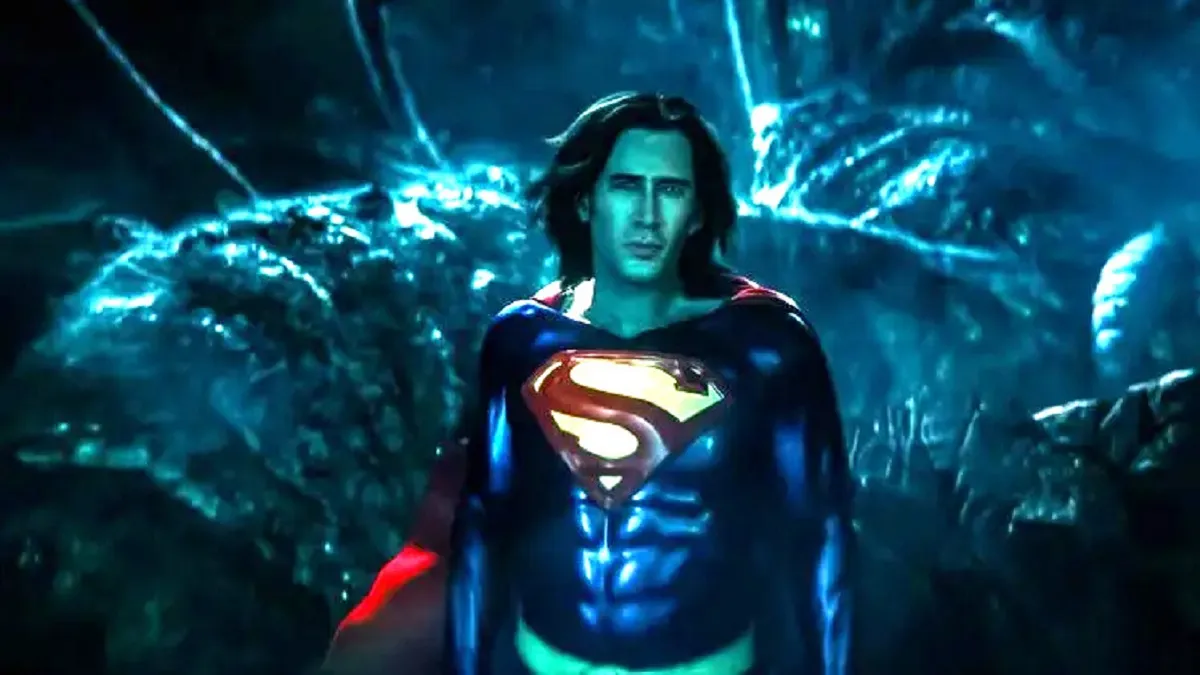






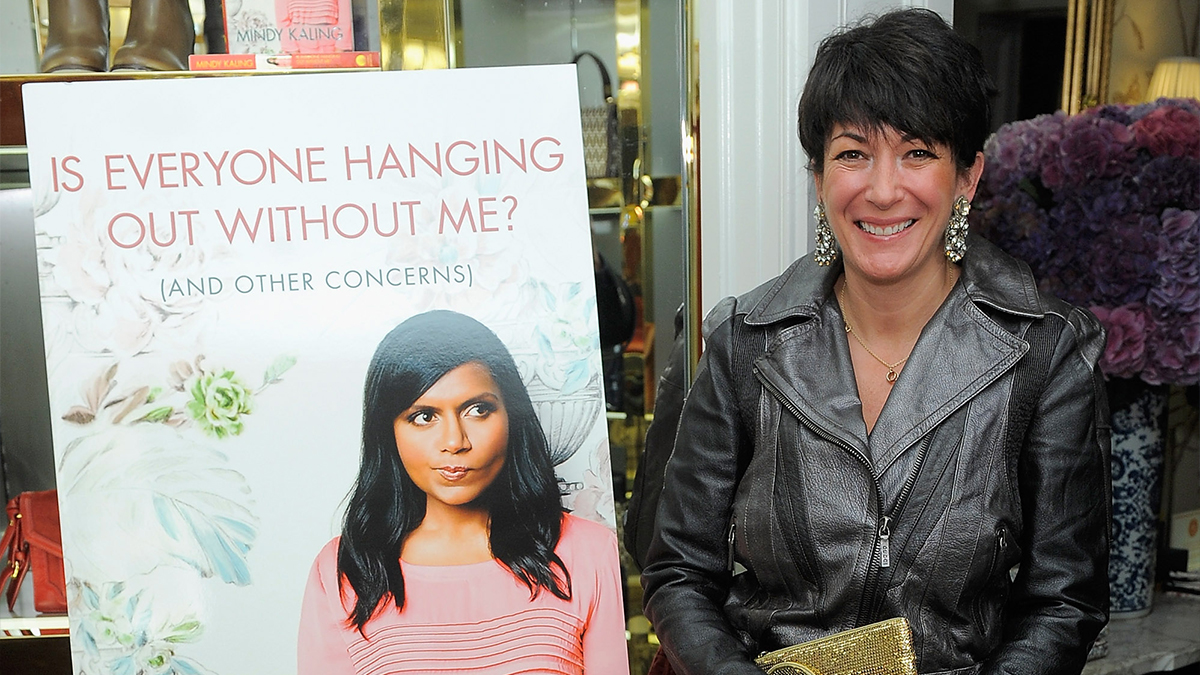
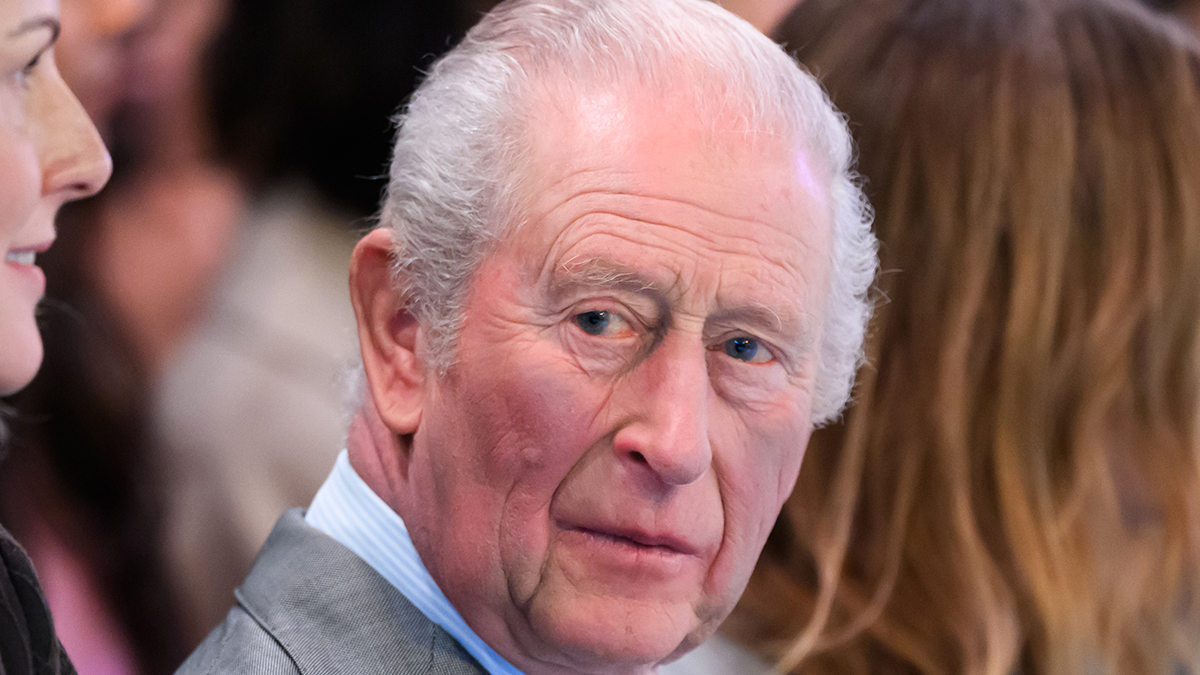
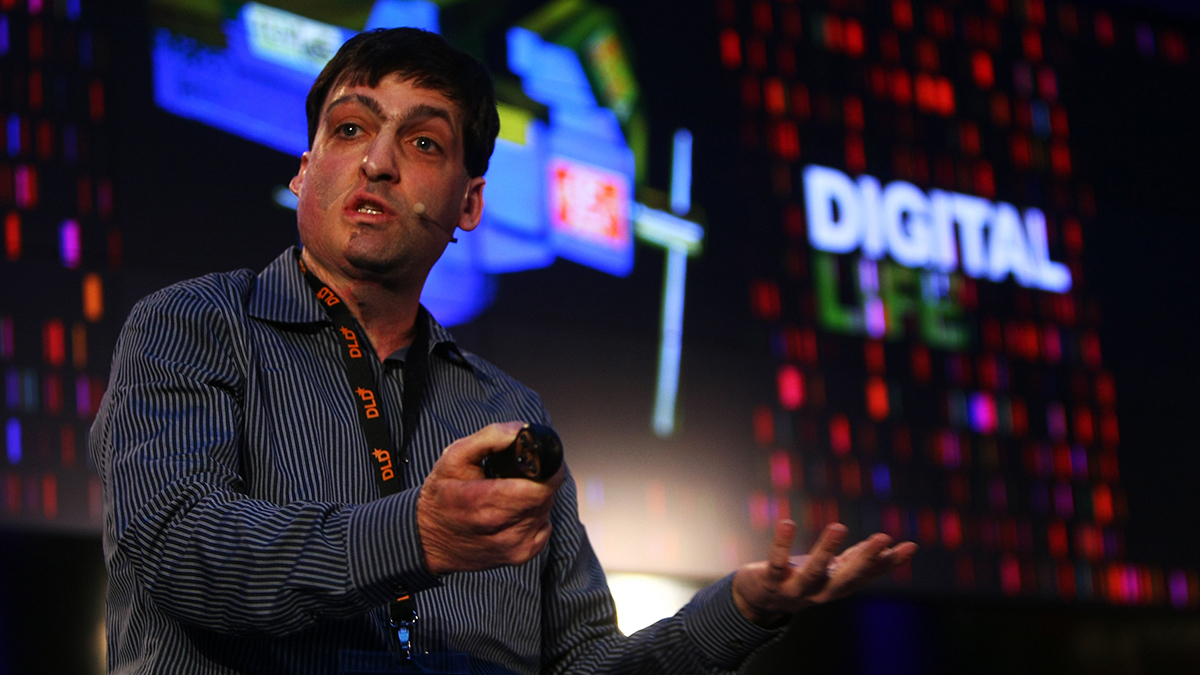
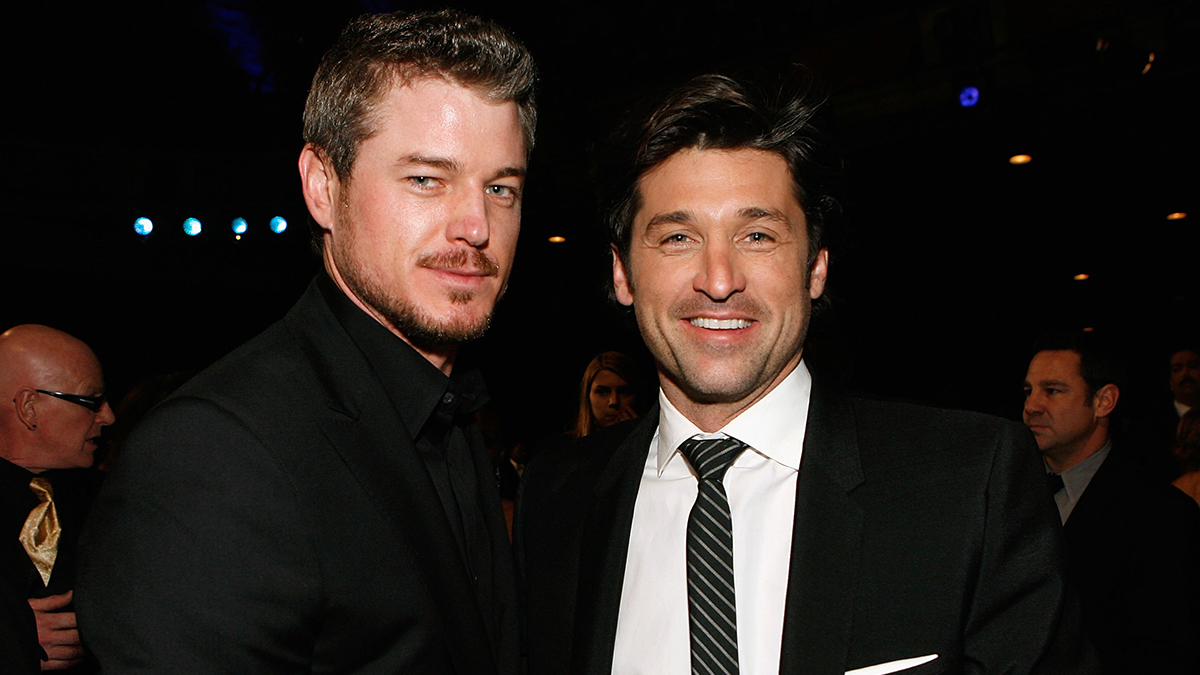
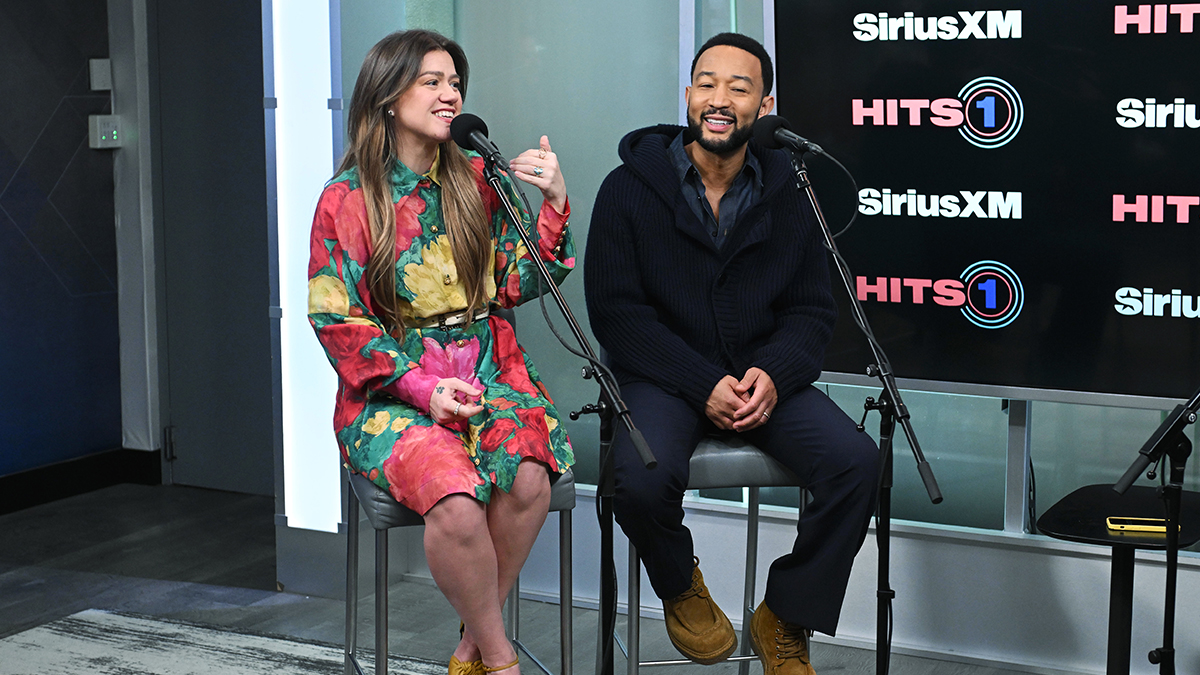
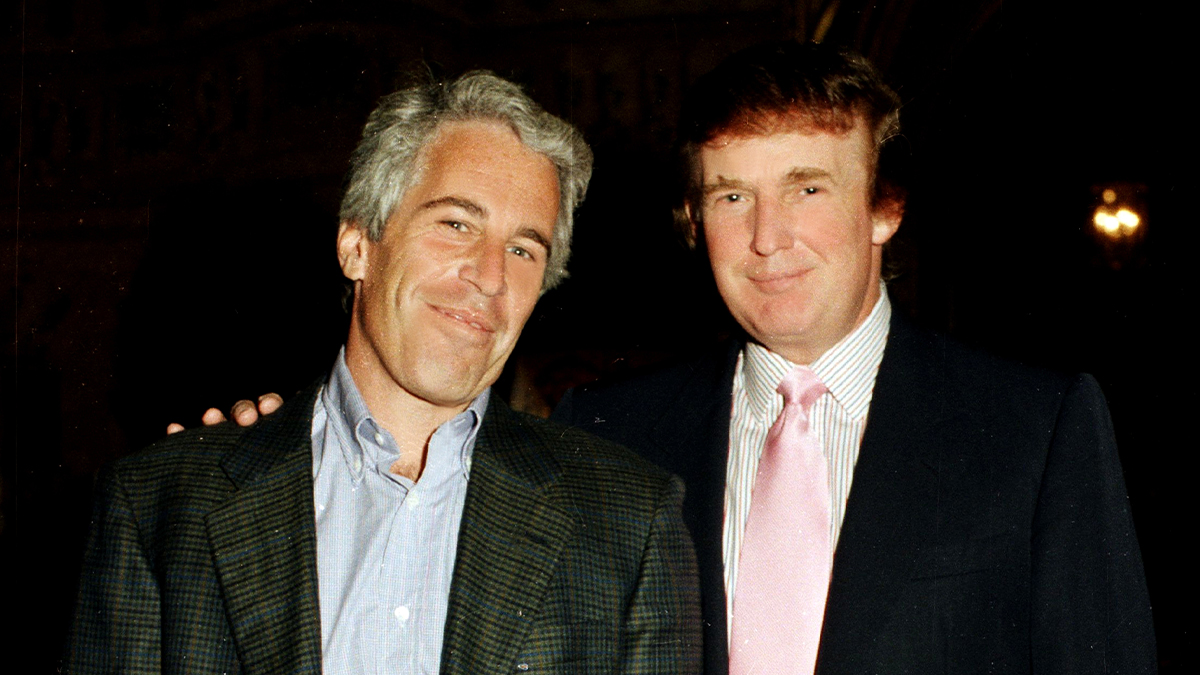
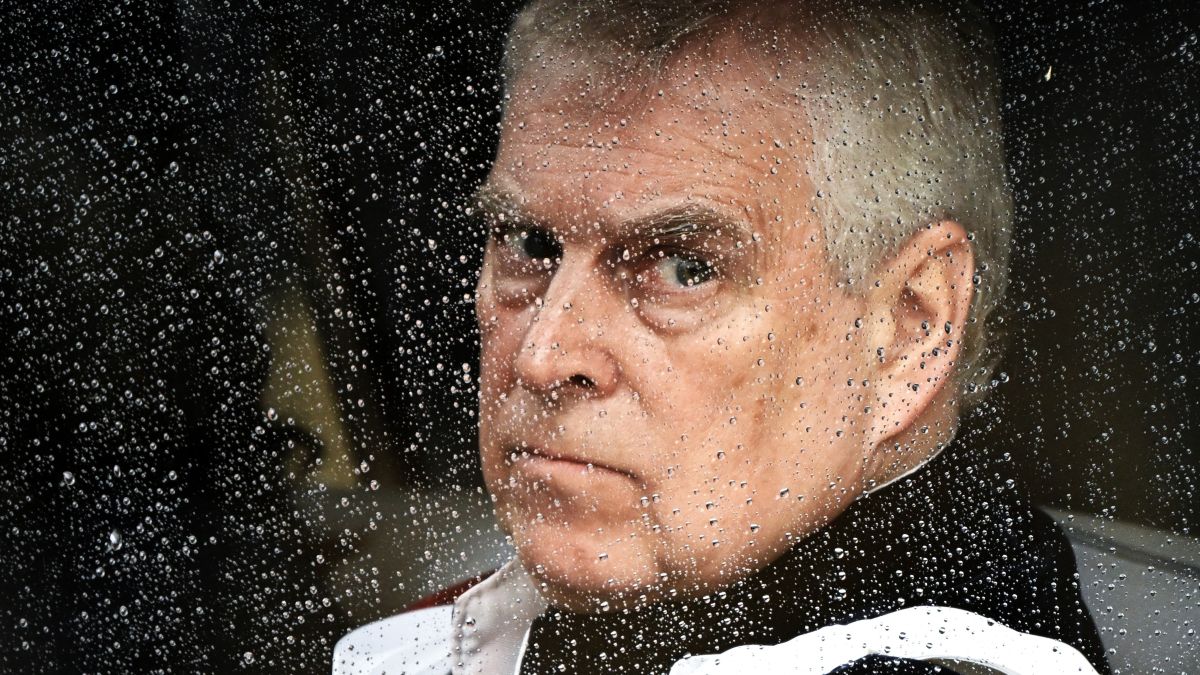
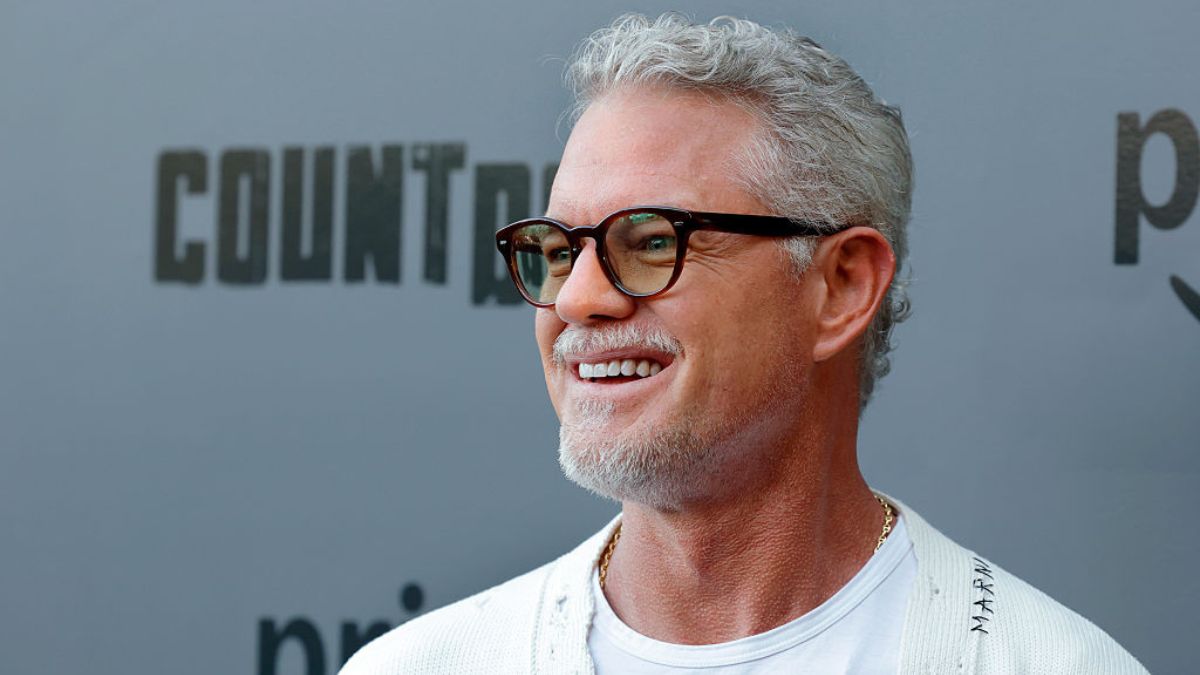
Published: Oct 21, 2024 11:08 am